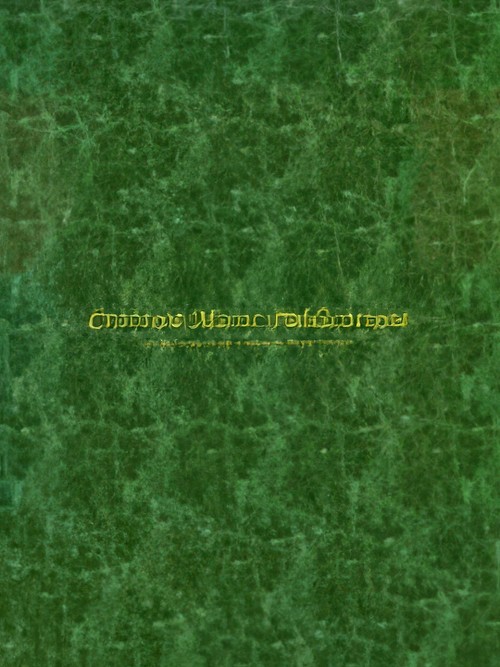We've found 1000 matches for your search. Order by
Results
-
 £54.20
£54.20MACK THE KNIFE (Brass Band) - Weill, Kurt - Richards, Goff
Recorded on Polyphonic QPRL228D Master Brass (Volume 19) Duration: 2:28 Grade: Medium
Estimated dispatch 7-14 working days
-
 £37.95
£37.95MARCH OF THE TOYS (Hanmer) (Brass Band) - Herbert, Victor - Hanmer, Ronald
Recorded on Polyphonic QPRL084D Light as Air
Estimated dispatch 7-14 working days
-
 £37.95
£37.95OVER THE RAINBOW (Tenor Horn/Brass Band) - Arlen, Harold - Richards, Goff
Tenor Horn Solo & Brass Band. Recorded on QPRL084D Light as Air. A separate Piano Accompaniment edition is also available. Solo UK Grade 6
Estimated dispatch 7-14 working days
-
 £24.95
£24.95PROCESSION TO THE COVENANT (Brass Band) - Himes, William
Recorded on Polyphonic QPRL220D Master Brass (Volume Sixteen).
Estimated dispatch 7-14 working days
-
 £50.90
£50.90SO DEEP IS THE NIGHT (Euphonium Solo with Brass Band) - Chopin, Frederic - Fernie, Alan
Based on a melody by Chopin. Grade: Medium.
Estimated dispatch 7-14 working days
-
 £37.95
£37.95SONGS OF THE QUAY (Brass Band) - Richards, Goff
Recorded on Polyphonic QPRL224 Master Brass (Volume Seventeen)
Estimated dispatch 7-14 working days
-
 £38.80
£38.80SPANISH NIGHT IS OVER, The (Brass Band Marchcard) - Smith & Walter
Marchcard size. Recorded on Obrasso CD954 Forever Shining (Black Dyke Band conducted by Nicholas J Childs). Grade: easy.
Estimated dispatch 7-14 working days
-
 £37.95
£37.95SPIDER AND THE FLY (Brass Band) - Britten, Benjamin - Barry, Darrol
Recorded on Polyphonic QPRL060D Master Brass Volume Four (1993 All England Masters)
Estimated dispatch 7-14 working days
-
 £37.95
£37.95STRIKE UP THE BAND (Brass Band) - Gershwin, George - Richards, Goff
Recorded on Polyphonic QPRL040D Pageantry
Estimated dispatch 7-14 working days
-
 £59.99
£59.99The Bass Boys (Bass Quartet with Brass Band - Score and Parts) - Wilson, Brian - Duncan, Andrew
Quartet for Tubas based on Good Vibrations.Duration: 3:00
Estimated dispatch 7-14 working days
